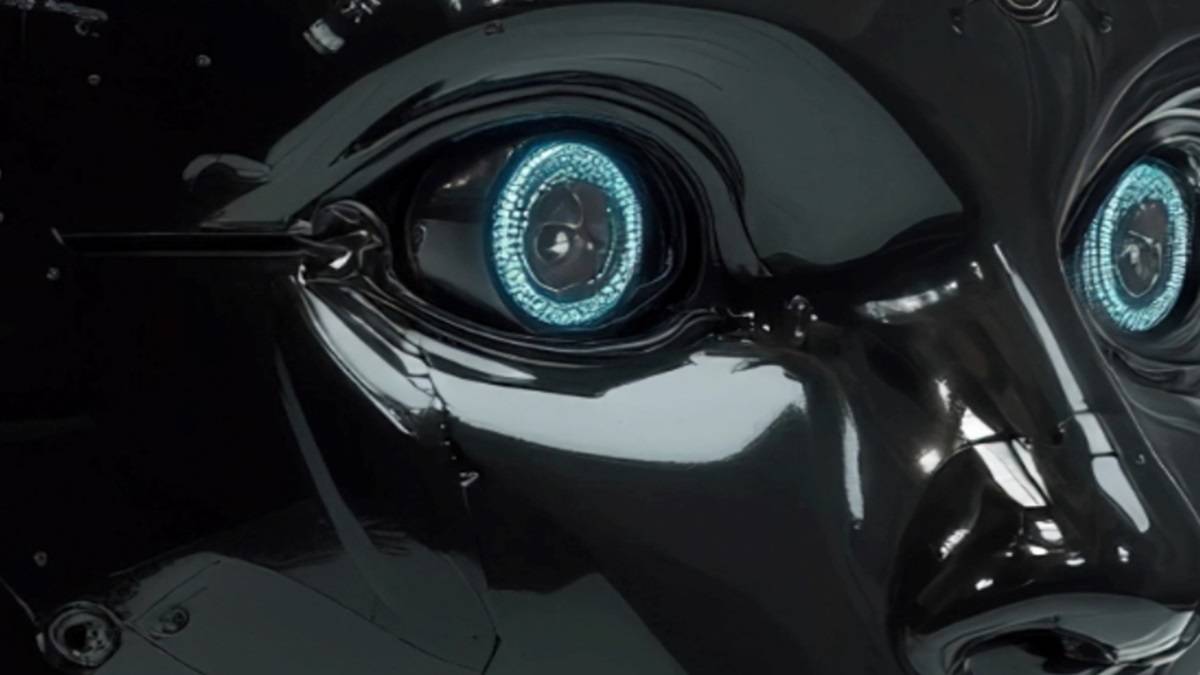RMIT University's Tiny Device Promises New Tech With Human Touch
The potential applications of RMIT's new device are expected to improve the response times of the advanced robotic systems and automated vehicles to visual information.
Study in Australia: RMIT University's engineers have invented a small ‘neuromorphic’ device. The device does not need an external computer and, like the human brain, it detects hand movement, stores memories, and processes information.
Team leader Professor Sumeet Walia said that the new device is a significant step towards adding instant visual processing in advanced robotics, autonomous vehicles, and other next-generation applications for improved human interaction.
Professor Sumeet Walia, Director of the RMIT Centre for Opto-electronic Materials and Sensors (COMAS), said, “Neuromorphic vision systems are designed to use similar analogue processing to our brains, which can greatly reduce the amount of energy needed to perform complex visual tasks compared with digital technologies used today."
“This proof-of-concept device mimics the human eye’s ability to capture light and the brain’s ability to process that visual information, enabling it to sense a change in the environment instantly and make memories without the need for using huge amounts of data and energy. Current digital systems, by contrast, are very power hungry and unable to keep up as data volume and complexity increase, which limits their ability to make ‘true’ real-time decisions," Walia added.
RMIT Visiting Professor Calls For Collaboration For More Sustainable, Liveable Melbourne
During an urban ecology roundtable hosted by RMIT, RMIT visiting professor and urban planning expert Salvador Rueda said that there is a requirement for a more unified approach to designing Melbourne’s future.
“If you define the place to play the game, and define the rules of the game, then experts can go and apply their specialty knowledge. If not, everyone goes in different directions. It’s very important to redesign cities with a new model. The future model must be efficient and include sustainability, health, the economy. Citizens should be at the centre of the innovation. After that, the life inside cities changes; the control, the safety, the habitability, the social contact, and more," said Rueda.
Vice-Chancellor and President Professor Alec Cameron commented, “At RMIT, we’re focused on going beyond a sustainable future and towards a regenerative future."
Read more:
Pick your stage and get free guidance from counsellors who've helped thousands get into top universities.
 Starting research
Starting research Shortlisting colleges
Shortlisting colleges Exam preparation
Exam preparation SOP/LOR writing
SOP/LOR writing Scholarship & finance
Scholarship & finance Visa application
Visa application

